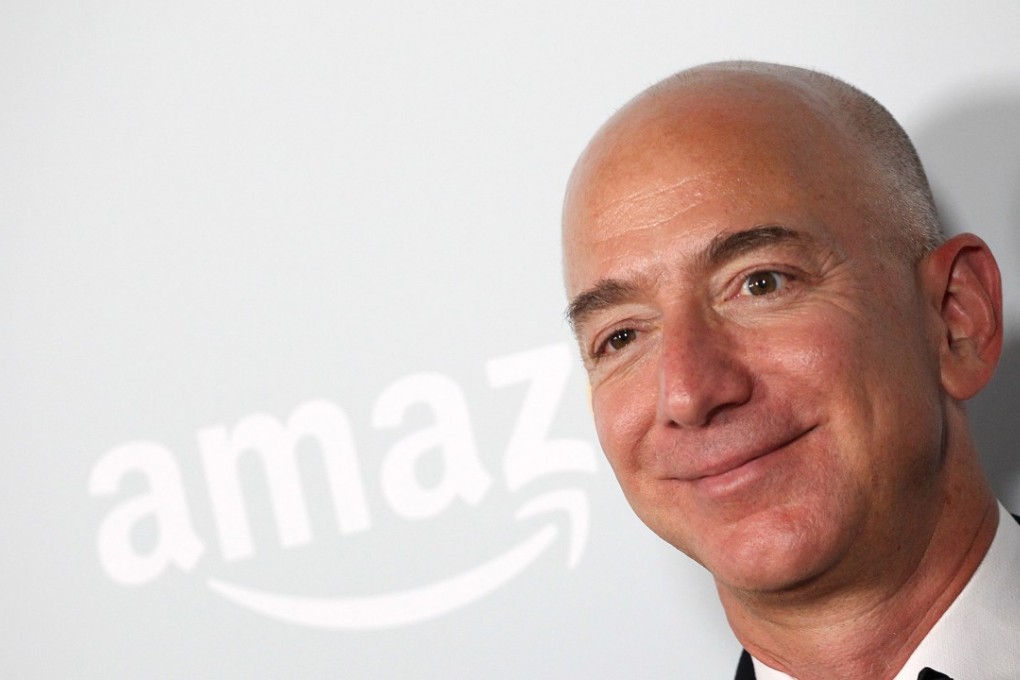Opinion | Amazon, take note: too much of a good thing always backfires
Amazon’s growth may be taking a toll on its partners within the ecosystem, smothering innovation from complementary players

This week, e-commerce giant Amazon completed its acquisition of Whole Foods, an upscale supermarket chain in the US. Almost immediately, consumers felt the Amazon effect: prices were slashed as much as 43 per cent on the first day.
Once nicknamed the “whole paycheck” for its exorbitant prices, Whole Foods has been transformed overnight and now brings health food to the masses – organic avocados, responsibly farmed salmon, and animal welfare-rated lean ground beef – under its new owner.
Amazon’s CEO Jeff Bezos likes to say: “Your margin is my opportunity.” Amazon built its empire selling books, CDs, and DVDs. Next came video streaming, then the Kindle, and then its audiobook company, Audible. At every turn, Amazon forewent profitability. No wonder, then, that when the Whole Foods acquisition was announced, share prices for Wal-Mart, Kroger, and Costco all plummeted. The New York Times described Amazon as a “new breed of Silicon Valley conglomerates.” An interesting question thus arises: is there any business that Amazon should not invade?

Business academics long ago noticed the parallels between biological ecosystems and business networks. In today’s hyper-connected environment, companies profit not so much by amassing physical assets but by tapping into other people’s resources to deliver their offerings to customers. Uber, Airbnb, and Facebook are just a few of the reigning incarnations.
Being open is more important than being smart. Even Apple couldn’t break Amazon’s stranglehold on the voice-activated speaker market
Bezos understands this all too well. When Amazon was building Alexa, an artificial intelligence assistant similar to Apple’s Siri, the company leveraged others’ creativity to make its own device smarter. Alexa comes baked into Amazon’s Echo Wi-fi speakers but, right from the outset, Bezos made sure it would become an open standard that worked with all other gadgets.

